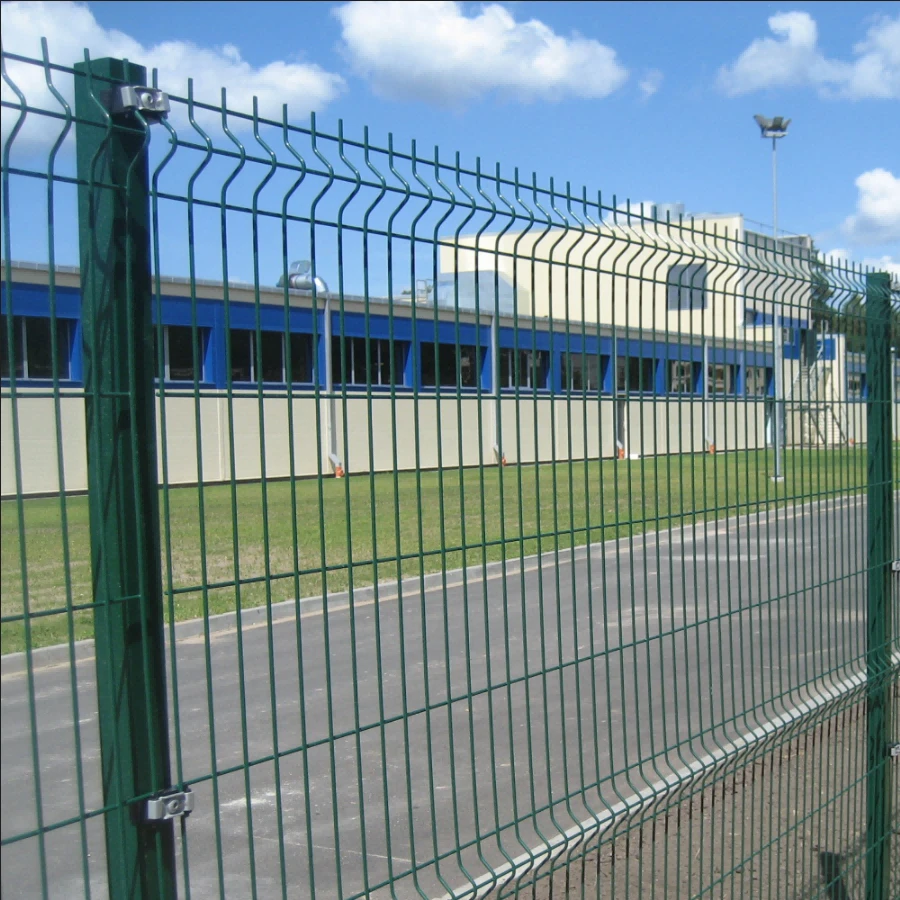chicken fencing net
The Importance of Chicken Fencing Nets A Comprehensive Guide
When it comes to raising chickens, one of the most crucial investments a poultry farmer can make is a reliable chicken fencing net. While many may view it as just another piece of equipment, a quality fencing net serves multiple purposes that go beyond mere enclosure. It's essential for protecting your chickens, ensuring their well-being, and facilitating a more manageable farming environment. In this article, we will explore the importance of chicken fencing nets, the various types available, and tips for proper installation.
The Role of Chicken Fencing Nets
First and foremost, chicken fencing nets provide a safe and secure environment for your feathered friends. Predators such as raccoons, foxes, and hawks are constantly on the lookout for easy prey, and a sturdy net can act as a deterrent. Unlike solid barriers, which can create a sense of confinement, fencing nets allow for visibility while still providing protection. This means your chickens can enjoy the outdoors without the constant fear of being captured by lurking predators.
Furthermore, fencing nets are vital for keeping your chickens from wandering off. Chickens have a natural instinct to forage for food, and without a proper enclosure, they can easily stray too far from home, risking their safety. A fence ensures that they stay within designated areas, keeping them safe from road traffic or other hazards.
Types of Chicken Fencing Nets
There is a variety of chicken fencing nets available on the market, each catering to different needs and preferences. The most common types include
1. Electric Fencing This type offers a strong deterrent for predators. Electric fencing consists of wires that deliver a mild shock when touched, which can effectively keep curious animals at bay. However, it requires careful installation and maintenance to ensure safety for both chickens and humans.
2. Mesh Netting Lightweight and easy to install, mesh netting can provide a practical solution for smaller flocks. These nets can be made from various materials, including plastic or metal, and can be configured to fit different shapes and sizes. It’s vital to choose a mesh size that prevents small animals from getting through while allowing air circulation.
chicken fencing net

3. Portable Fencing Ideal for free-range setups, portable fencing can be easily moved around your property. This adaptability allows chickens to graze on fresh grass while minimizing the risk of overgrazing in one area. Portable fencing is often easy to set up, break down, and store, making it an excellent choice for dynamic farming practices.
Installation Tips
Proper installation of chicken fencing nets is paramount for their effectiveness. Here are some essential tips to help you with the setup
1. Choose the Right Location Select an area with adequate sunlight and shelter. Consider the natural landscape and potential hiding spots for predators. Avoid areas that may be prone to flooding or strong winds.
2. Secure the Base Chickens may try to dig under the fencing to escape or to avoid predators. Bury the bottom of the fencing a few inches into the ground or use additional barriers, like rocks or wood, along the base to thwart these attempts.
3. Height Matters Ensure the fencing net is tall enough to prevent birds of prey from swooping down and catching your chickens. Generally, a height of at least 6 feet is recommended.
4. Regular Maintenance Inspect the fencing regularly for any signs of wear and tear. Checking for holes, loose wires, or bent posts will help ensure that your chickens remain secure.
Conclusion
Investing in a quality chicken fencing net is critical for any poultry farmer looking to create a safe and nurturing environment for their birds. Beyond protection from predators and keeping the chickens contained, proper fencing allows for a healthier and happier flock. With various types available and essential installation tips to follow, ensuring the safety of your chickens can be an achievable and rewarding endeavor. Ultimately, a well-fenced area not only benefits the chickens but also provides farmers peace of mind, knowing their investment is secure.
-
Space-Saving Chain Fence Hacks Vertical Gardening with Cyclone MeshNewsJul.16,2025
-
Innovations in Iron Nail Wire Production for Modern ConstructionNewsJul.16,2025
-
Creative Uses of Wire Netting Fence in Modern Landscape DesignNewsJul.16,2025
-
Barbed Wire Fence Innovations in Anti-Climb TechnologyNewsJul.16,2025
-
Architectural Uses of Umbrella Nails for Aesthetic Roof DesignsNewsJul.16,2025
-
Architectural Uses of Razor Barbed Wire in Secure Urban DesignNewsJul.16,2025




